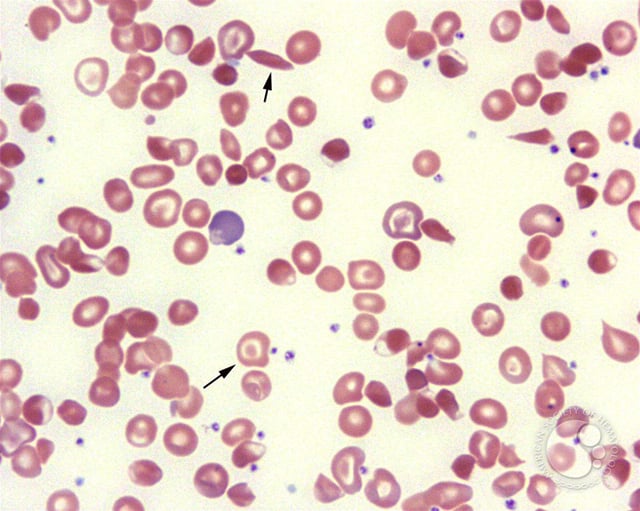
It has been three years since the Khyber-Pakhtunkhwa (K-P) health department passed a bill making it compulsory for spouses to present thalassemia and hepatitis C test results at the time of registering their marriage. But so far, it has not been implemented.
The K-P Preventive Health Bill, passed by the provincial assembly in 2009, was aimed at preventing the spread of inherited autosomal recessive blood diseases. As World Thalassemia Day was observed on May 8 to create awareness, the time-lapse in the implementation of the ban has only made things worse in the province.
The level of ignorance surrounding the bill stands such that neither the people nor the nikkah registrars are aware of the test result requirement. The health directorate has taken no substantial steps to address the situation either.
A nikkah registrar requesting anonymity said he did not know about any such law and had registered many marriages in the last one year without asking for thalassemia or hepatitis C test results. The registrar saw no reason to even ask for such tests: “Whatever lies in your fate cannot be stopped by anyone.” Unfortunately, his response sheds some light on the prevalent attitudes surrounding the spread of inherited and contracted diseases.
Director General Health Services Dr Muhammad Zafar said they had made the law but it was also the responsibility of the other departments – social, welfare and religious – to create awareness among people and to ensure there is a section dealing with this in the marriage form.
“If there is [a] court marriage, the said court should ask the couple to produce the test results. But in our province there is no such culture. Both the people and marriage officiators don’t even know about the existence of the law because after passing this law we didn’t have funds for any awareness campaigns.”
Dr Zafar said it was but one step to tell people how to deal with their next generation if thalassemia is in their inherited gene pool – what they wanted to do was to stop the disease. However, he admitted poor coordination of certain government departments resulted in practically zero implementation of the law.
Promoting not preventing
Section 3 of the K-P Preventive Health Bill says the result shall have no effect on the marriages being solemnized: The main objective of the law is to create health awareness and educate future parents who may give birth to children with contagious and fatal diseases.
“The registrar shall keep and maintain these reports for at least three years from the date the marriage is solemnized,” reads Section 3 (III).
Clause (IV) states if clause (III) is violated, the licences of such a registrar shall be cancelled and whoever, other than the registrar, solemnizes such marriages shall be fined Rs10,000.
Published in The Express Tribune, May 9th, 2013.











COMMENTS
Comments are moderated and generally will be posted if they are on-topic and not abusive.
For more information, please see our Comments FAQ